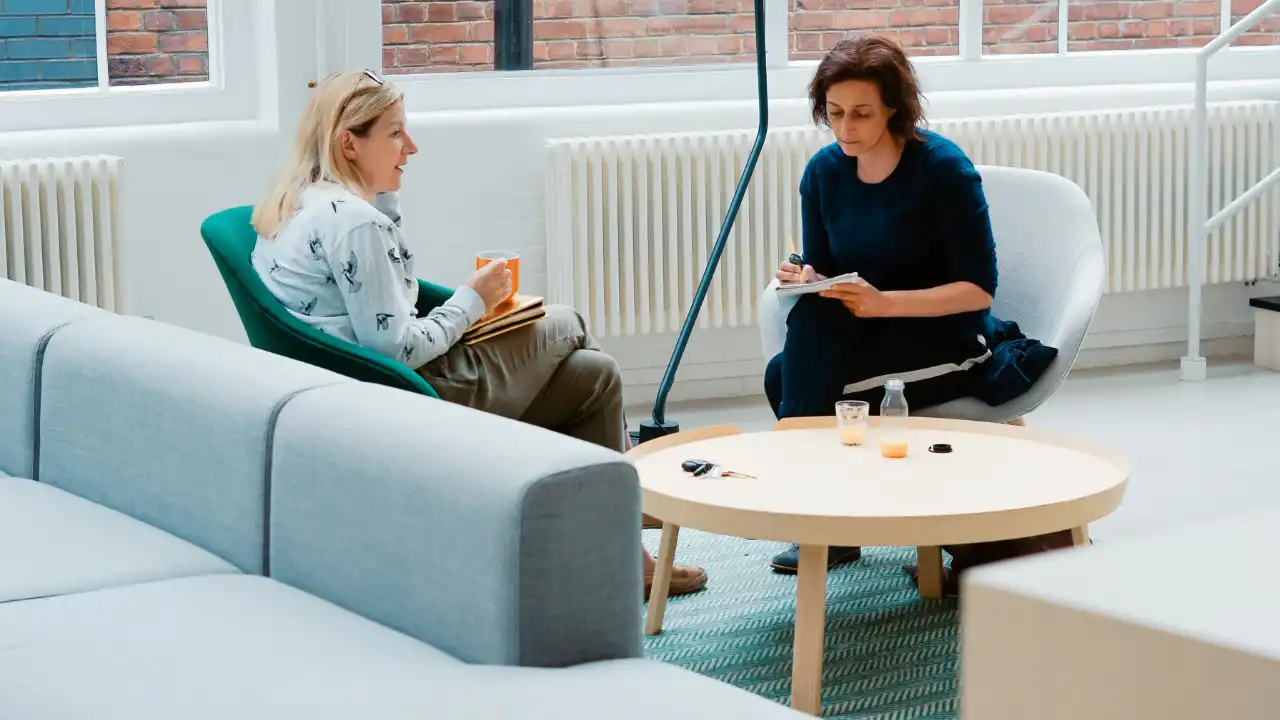24/7 Helpline:
(866) 899-221924/7 Helpline:
(866) 899-2219
Learn more about Medication-assisted Treatment centers in Marion County

Other Insurance Options

Excellus

GEHA

Multiplan

Kaiser Permanente

BlueCross

CareFirst

Health Partners

UnitedHealth Group

Cigna

Health Net

WellPoint

Medical Mutual of Ohio

Meritain

WellCare Health Plans

Group Health Incorporated

Carleon

Aetna

UMR

Providence

Highmark

Northwest Alabama Mental Health Center
Northwest Alabama Mental Health Center is a drug and alcohol rehab in Hamilton, Alabama. They provid...

Marion County Treatment Center
Marion County Treatment Center is a drug and alcohol rehab in Hamilton, Alabama. They provide outpat...

Preferred Family Healthcare
Preferred Family Healthcare provides assessment, outpatient, intensive outpatient, residential, soci...

Four County Mental Health Center
Four County Mental Health Center is located in Winfield, Kansas. They provide A wide variety of outp...

North Central Missouri Mental Health Center
North Central Missouri Mental Health Center serves the nine counties of the Green Hills area. They p...

Western Montana Mental Health Center – Riverfront Center
Western Montana Mental Health Center – Riverfront Center is a private rehab located in Hamilton, Mon...

Fort Hamilton Hospital – Behavioral Health
Fort Hamilton Hospital – Behavioral Health is a private rehab located in Hamilton, Ohio. Fort Hamilt...

Sojourner Recovery Services
Sojourner Recovery Services is a recovery center located in Hamilton, OH. Sojourner Recovery Service...

Sojourner Recovery Services – Outpatient
Sojourner Recovery Services – Outpatient is a private rehab located in Hamilton, Ohio. Sojourner Rec...

Central Clinic Behavioral Health – CDC Family Healing Center
Central Clinic Behavioral Health - CDC Family Healing Center provides culturally sensitive, evidence...

Central Clinic – CDC Mental Health Services
Central Clinic - CDC Mental Health Services provides culturally sensitive, evidence based, and outco...





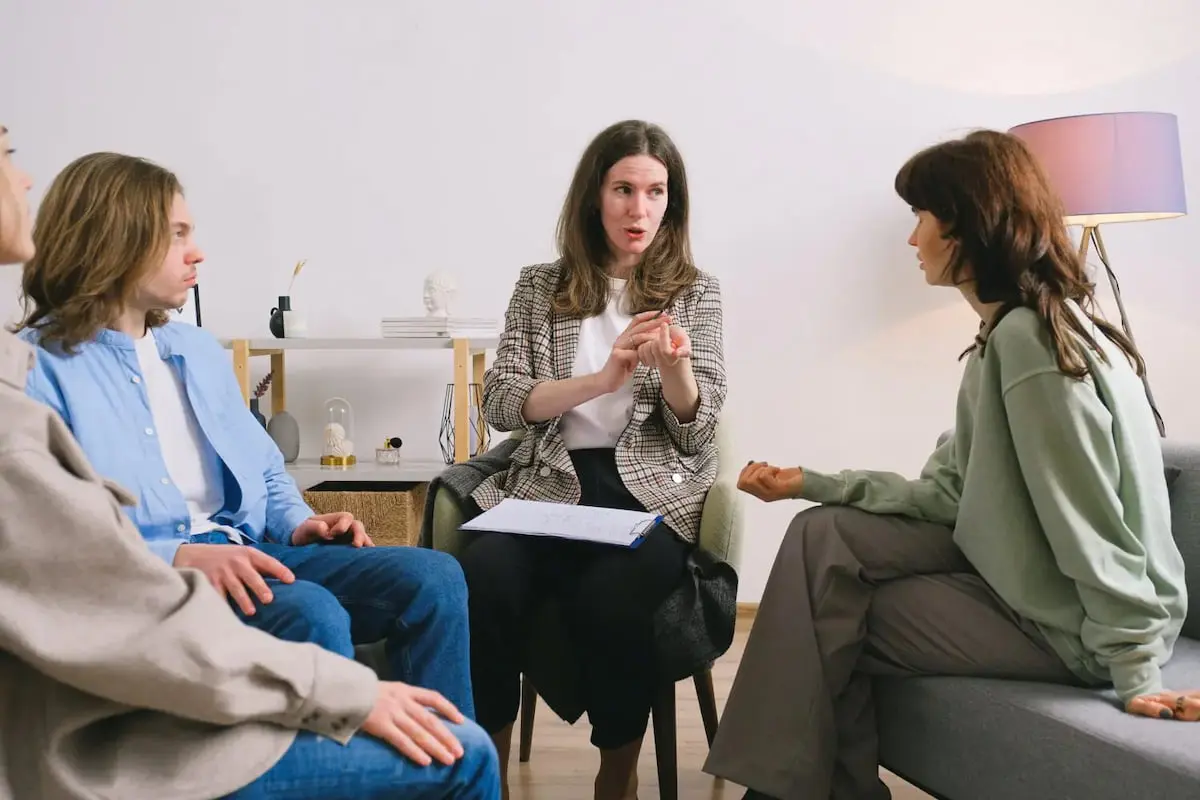








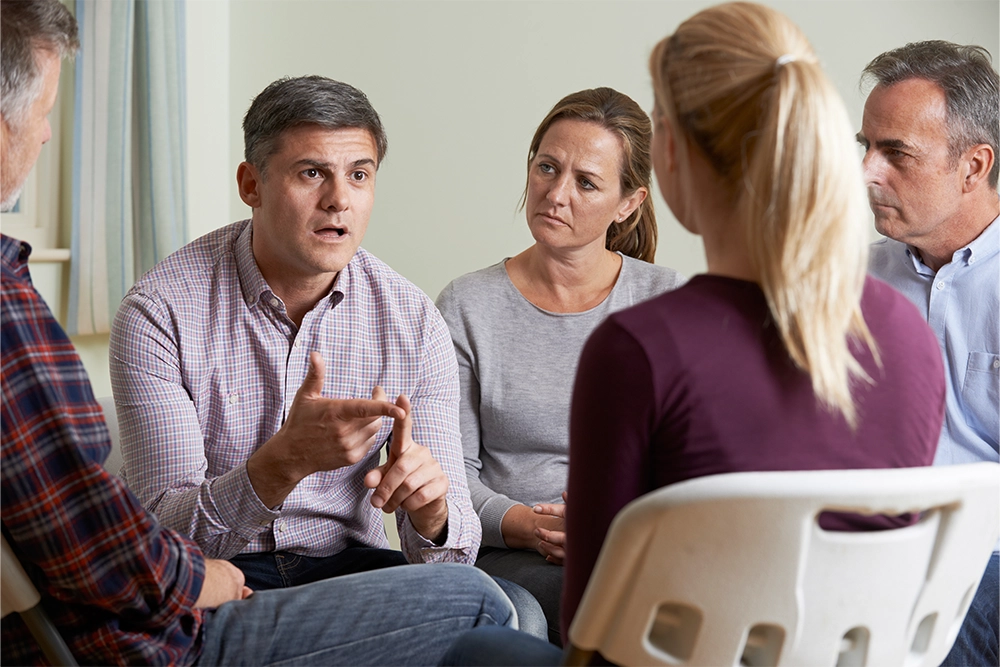


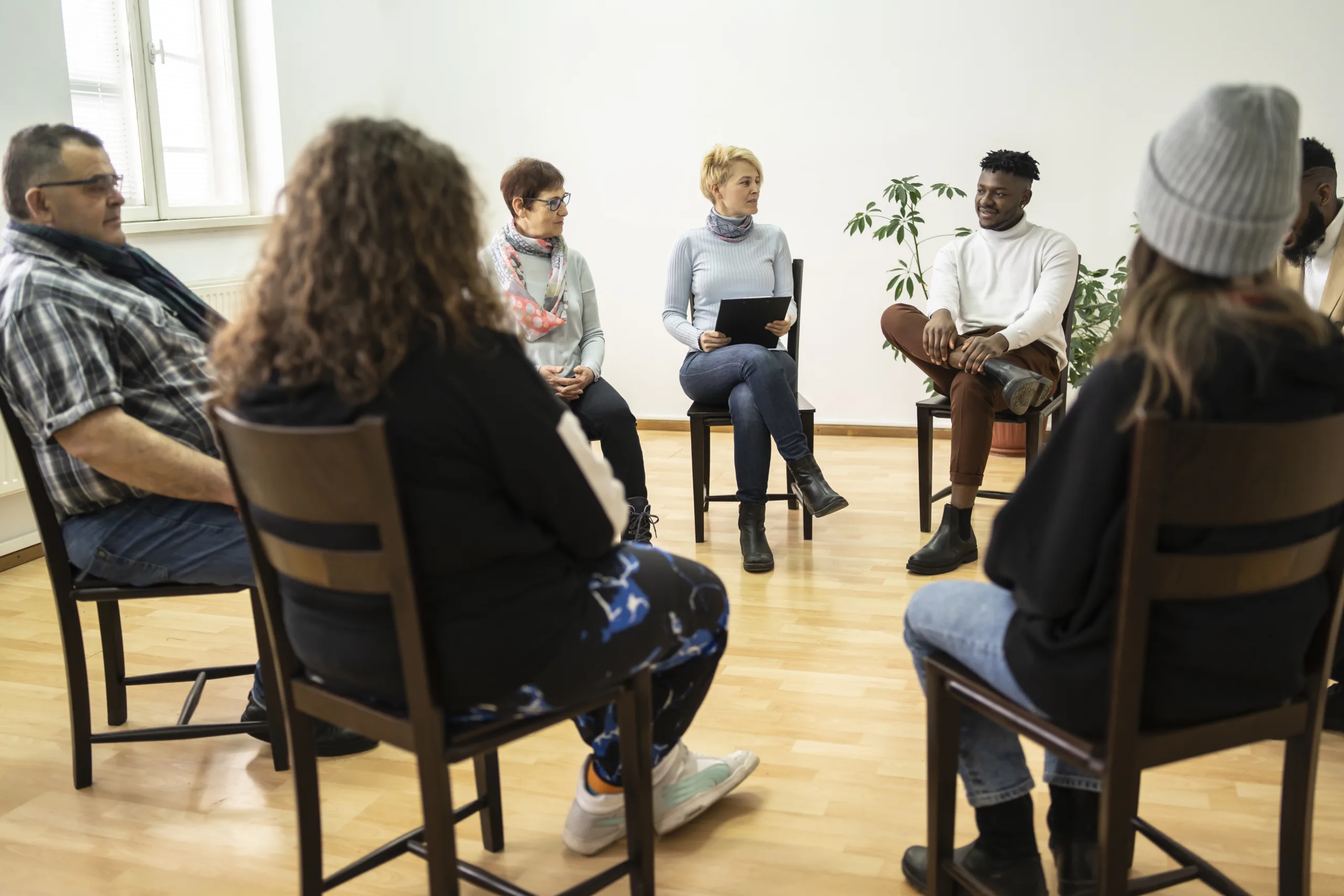

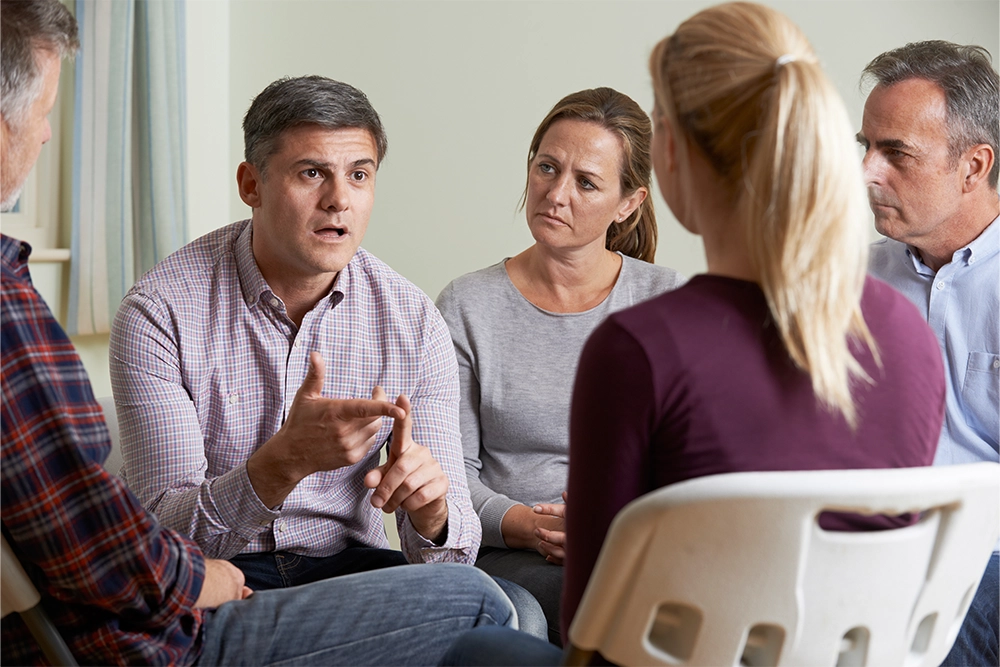




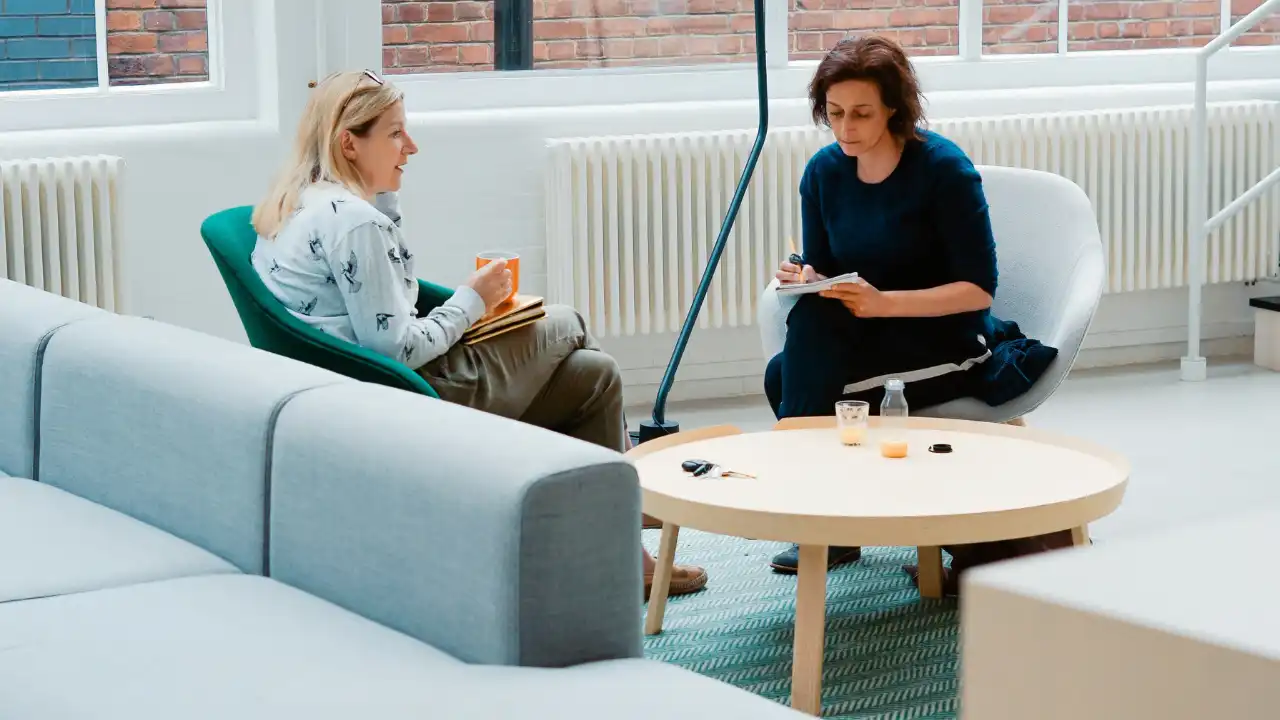
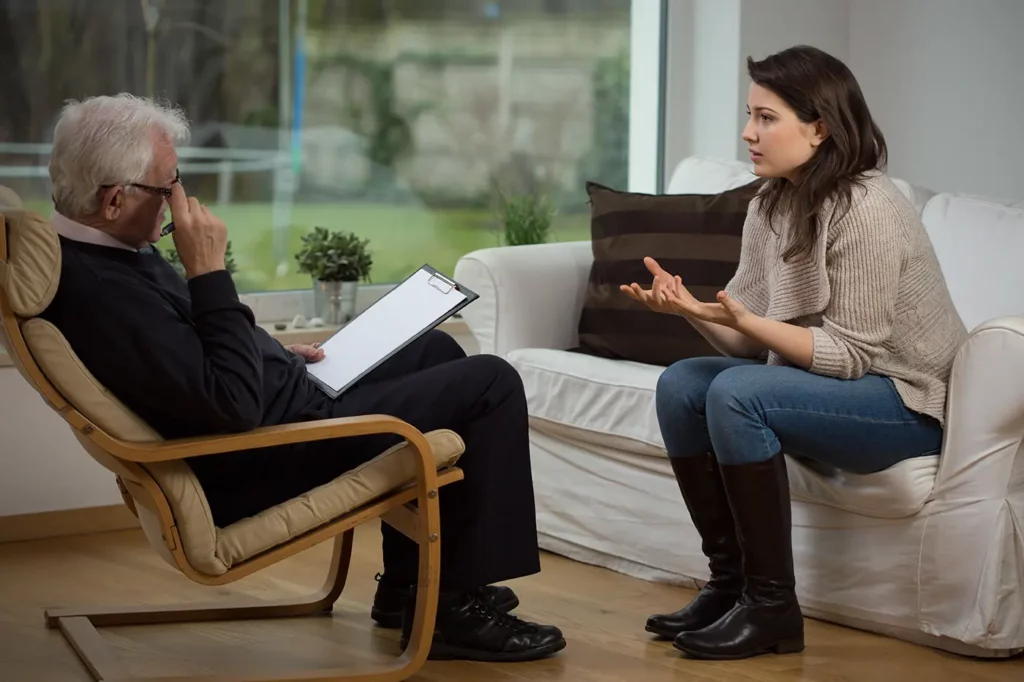





Northwest Alabama Mental Health Center
Northwest Alabama Mental Health Center, located in Winfield, Alabama, offers alcohol and drug rehab ...

New Horizons – Substance Abuse
New Horizons – Substance Abuse is a non-profit rehab located in Hamilton, Georgia. New Horizons – Su...

Northwestern Medicine CDH Behavioral Health Services
Northwestern Medicine CDH Behavioral Health Services offers alcohol and drug addiction treatment and...

Stonybrook Center
Stonybrook Center is a private rehab located in Winfield, Illinois. Stonybrook Center specializes in...

Cognitive Outreach Groups – COG
Cognitive Outreach Groups (COG) Program offers outpatient program for individuals with alcohol and/o...

DCCCA – Winfield
DCCCA – Winfield is a private rehab located in Winfield, Kansas. DCCCA – Winfield specializes in the...

Preferred Family Healthcare – Bridgeway Behavioral Health – The Farm
Preferred Family Healthcare - Bridgeway Behavioral Health - The Farm is located in Winfield, Missour...

Western Montana Mental Health Center – Addiction Services
Western Montana Mental Health Center – Addiction Services is a private rehab located in Hamilton, Mo...

Butler County Alcohol and Drug
Butler County Alcohol and Drug is a private rehab located in Hamilton, Ohio. Butler County Alcohol a...

Sojourner Recovery Services – North Fair Avenue
Sojourner Recovery Services – North Fair Avenue is a private rehab located in Hamilton, Ohio. Sojour...

The 123 Club
The 123 Club offers outpatient treatment for individuals with alcohol addiction. The program include...

Transitional Living
Transitional Living is a private rehab located in Hamilton, Ohio. Transitional Living specializes in...

Community Behavioral Health – Martin Luther King Boulevard
Community Behavioral Health - Martin Luther King Boulevard offers an array of mental health, alcohol...

Sojourner Recovery Services – Herland Family Center
Sojourner Recovery Services – Herland Family Center is a private rehab located in Hamilton, Ohio. So...

Health Alliance Alcohol and Drug Center
Health Alliance Alcohol and Drug Center is a private rehab located in Hamilton, Ohio. Health Allianc...

Talbert House – Serenity Hall
Talbert House - Serenity Hall is a halfway house for adult male felony offenders of parole or transi...

Next Right Thing
Next Right Thing is a non-profit organization specialiczed in counseling for people struggling with ...

Community Behavioral Health – Second Street
Community Behavioral Health - Second Street offers an array of mental health, alcohol and drug, chil...

Butler County Alcohol and Drug Addiction
Butler County Alcohol and Drug Addiction is a private rehab located in Hamilton, Ohio. Butler County...








































